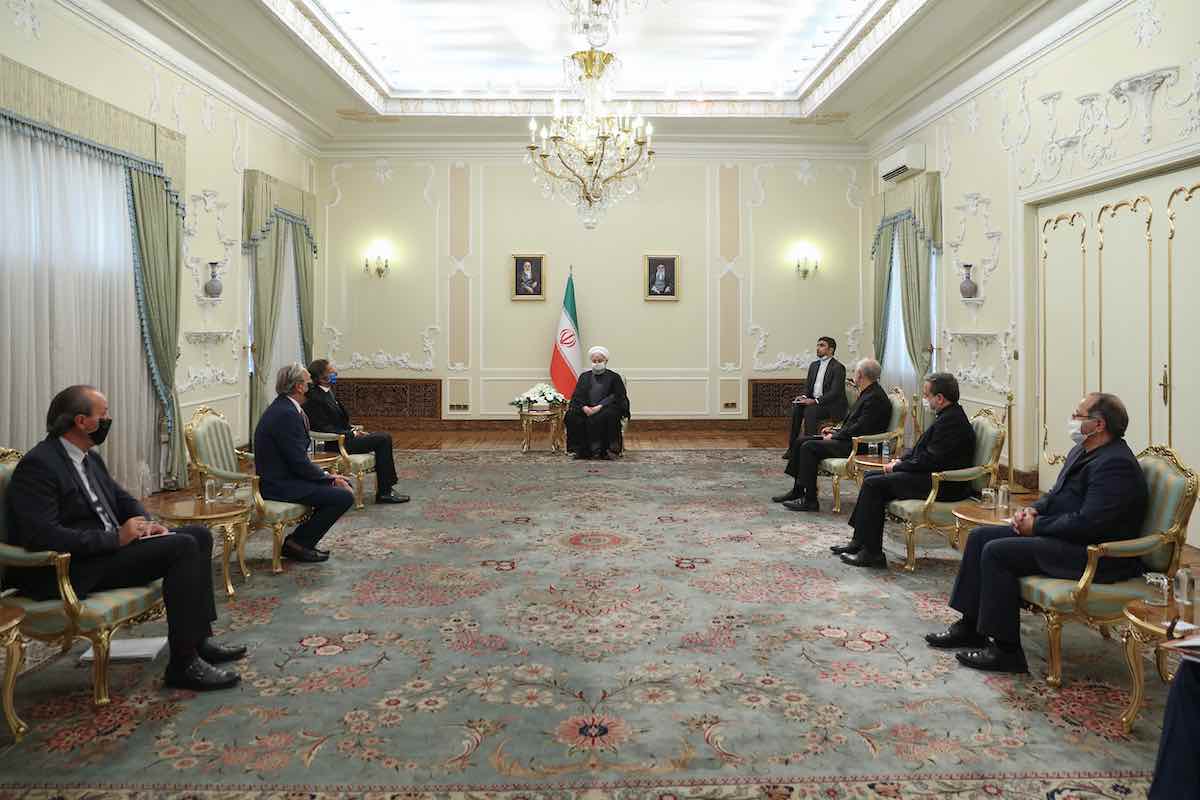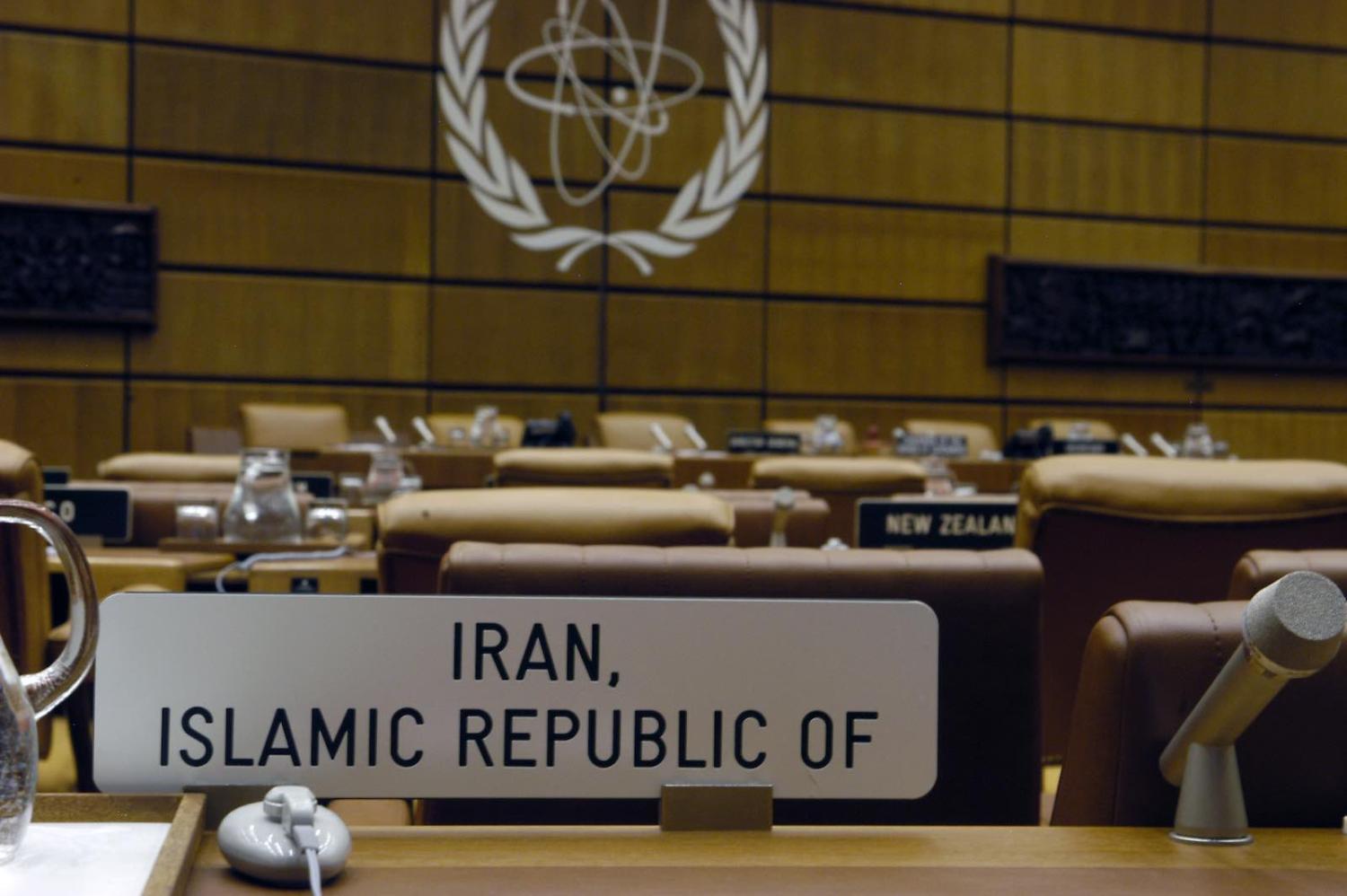Joe Biden has so many competing priorities to address after four years of Donald Trump that it is hard to know where to start. Biden will naturally have an immediate focus on domestic issues but some foreign policy challenges will demand his attention earlier than others. One of the most urgent is the nuclear agreement with Iran – formally known as the Joint Comprehensive Plan of Action, or JCPOA – which Trump unilaterally withdrew from in 2018.
In response to Trump’s abrogation of the deal, Tehran forged ahead with a range of “reversible’” moves designed to give it leverage in the event of future negotiations. Biden is already on record saying that he would re-join the JCPOA, which the other parties (UK, France, China, Russia, Germany and the European Union) continue to honour, if Tehran returns to strict compliance.
But a degree of urgency is required. The International Atomic Energy Agency, which has a role in verification of the deal, recently warned the agreement must be rejoined in weeks rather than months, while the French foreign minister said both parties must soon return to the deal.
Biden’s appointees are highly experienced, which is an advantage but not a guarantee of success.
Also focusing the minds of the Biden team will be the fact that Iran's presidential elections are due in June. It is likely that a more conservative figure, such as Mohammad Qalibaf, will take up the role. And while the Supreme Leader will ultimately decide whether to re-enter the nuclear agreement, negotiations will undoubtedly be much easier while political figures known to each other from the previous talks are in office in both Washington and Tehran. William Burns, the nominee for head of the CIA and a harsh critic of the Trump approach to the Middle East, as well as the new National Security Advisor Jake Sullivan, were involved in the early negotiations that led to the JCPOA. Wendy Sherman, the Biden administration’s new number two at the State Department, was also a key negotiator of the 2015 deal.

Despite Biden having long signalled his intention to re-join the JCPOA, countries such as Saudi Arabia and Israel will remain opposed to the agreement, just as they were when it was orginally signed under Barack Obama’s tenure. Biden has better personal relations with the Israelis and Saudis than Obama did, and this may go some way towards ameliorating the issue, but he will still be criticised by conservatives and conservative think-tanks.
Biden’s appointments to positions that will deal with the Middle East, such as John Finer, the Principal Deputy National Security Advisor, and Brett McGurk, the coordinator for the Middle East in the National Security Council, both have State Department experience and signal that the new president will favour diplomacy and multilateralism over confrontation and unilateralism. Biden himself has argued that containment rather than confrontation is the way to deal with Iran.
Having seen how counter-productive the Trumpian approach of “maximum pressure” (it would be misleading to call it a strategy) towards Iran has been, re-negotiations with Tehran will be fascinating guide to how a Biden administration deals with the challenges of the Middle East. Biden’s appointees are highly experienced, which is an advantage but not a guarantee of success. And while the JCPOA was never perfect, it was better than the alternative.
Biden and his team understand that in the Middle East it is often better not to sacrifice the good for the perfect. The question is whether they will be able to achieve the good in time.

